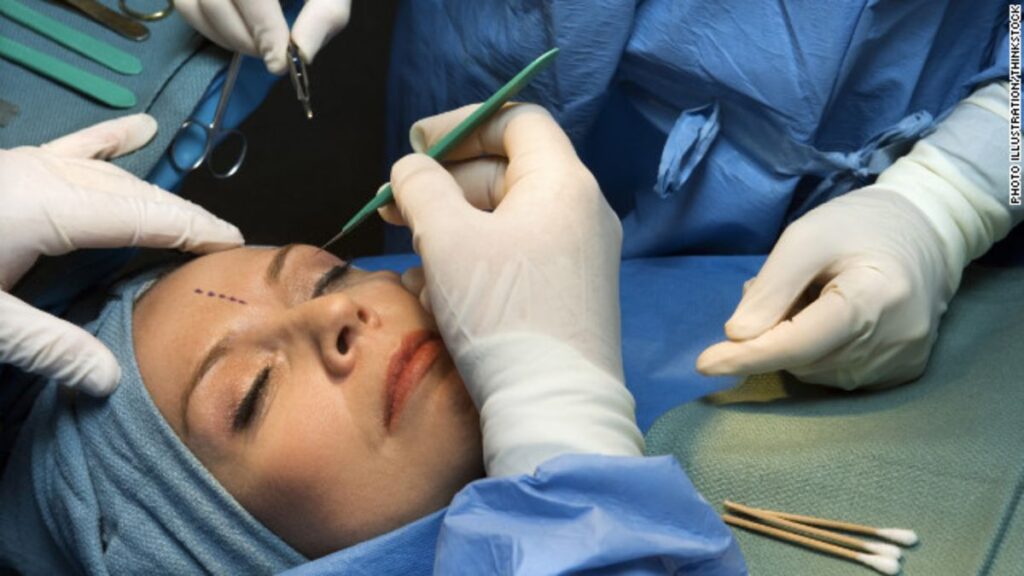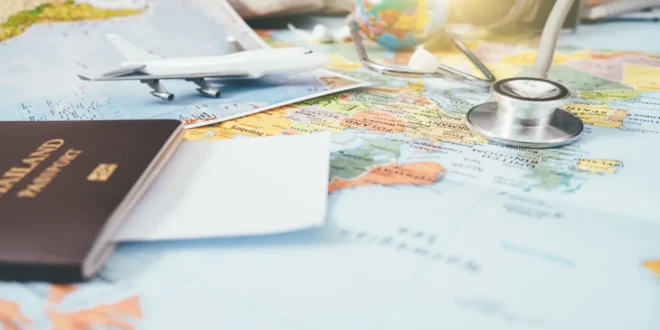Medical tourism is traveling outside your country of residence to receive medical care. The popularity and growth of medical tourism have captured the attention of the media, researchers, and policy-makers. Originally, medical tourism meant patients traveled from less-developed countries to advanced nations to seek treatment not found in their homeland.
Nowadays, we have both quantitative and qualitative shifts in patient mobility, as patients travel from wealthier to less-developed countries to obtain health services. This shift is necessitated by the relatively low-cost treatments in these countries, access to inexpensive flights, and increased online consumer and marketing information on the availability of health services.
Popular Medical Procedures Undertaken through Medical Tourism

After dental treatments and plastic/cosmetic surgery, orthopedic surgery is the next popular procedure attracting many medical tourists. Usually, people seek orthopedic treatments to save expenses but reap other benefits related to looking for such treatments outside their home countries.
In most developed countries, the cost of orthopedic treatments is sky-high, which makes medical tourism a good alternative for patients to undergo procedures at affordable prices. Also, the number of patients going abroad for orthopedic surgeries has drastically increased in recent years due to the rising population of senior citizens.
Generally, surgical orthopedics treat chronic conditions such as replacement surgeries, repair of injured or damaged bone, and arthritis in the back, knees, and hands.
Why are People Turning to Medical Tourism?

The following are some of the reasons a person may choose to look for medical care abroad:
-
Lower Costs
Medical tourism can save the patient from 25% to 90% on medical bills, which depends on the medical procedure and the country they go to. Several factors determine the cost:
- The cost of medication and diagnostic testing is expensive in the US.
- The cost of labor is lower overseas, that is, labor costs for surgeons, aides, nurses, physical therapists, pharmacists, etc.
- Malpractice insurance is more expensive in the US.
- Hospital stays are less expensive overseas than in the US. This is to say rehabilitation, hospital meals, and quality care are more affordable abroad.
-
Language and Culture
Most immigrants prefer to access procedures and treatments from their country of origin. This is a reasonable decision as the language barrier can hinder quality health care. Moreover, at least 25% of noncitizen residents and immigrants in the US have no health insurance, compared to 9% of American citizens.
Facts aside, many people opt to have these procedures done in their home countries as it gets them close to caretakers, family, and friends who can help them through recovery.
-
Insurance Incentives
Some health insurance companies are promoting medical tourism. Some have designed programs to promote safe medical tourism, with others offering financial incentives for medical tourism, such as discounted medical bills.
-
Privacy and Luxury
Medical tourism is a profitable business for many countries. A significant portion of the money earned from medical tourists is reinvested into the local health infrastructure and economy. This can be seen in the spa-like luxury some hospitals provide to give patients a chance to be pampered while in the hospital for a fraction of the cost.
Some health facilities provide hospital rooms resembling hotel suites and one-on-one private nursing care. This is far more attentive and generous than most US hospitals’ staffing ratios. You can find the additional layer of privacy abroad and even return home from your “vacation” with no one knowing you had a medical procedure.
-
Evading Regulations and Rules
Some patients go for surgery abroad to evade rules set by their hospital, insurance company, or government. The rules are typically set to protect them from harm, so circumnavigating them is not usually a good idea. For example, a patient may be told by their doctor in the US that they have low weight to undergo weight loss surgery. But, a surgeon in another country may have different standards for qualifying for the surgery. In this case, the patient decides to go abroad for the procedure.
-
Gifted Surgeons
Surgeons in some countries are famous for their talent in particular surgery areas. For example, surgeons in Brazil are said to be good at plastic surgery. In the US, insurance companies usually do not cover cosmetic procedures unless it is medically necessary. However, in Brazil, cosmetic procedures are low-cost or free in public hospitals, which gives surgeons sufficient practice.
Medical tourism does not only happen outside the United States. Many people come to the US for medical care because of its prescription medication supply, cutting-edge technology, and general healthcare safety.
How to Reduce Medical Tourism Risks

Pre-travel consultation
- If you want to travel abroad for medical care, see a travel medicine provider or your healthcare provider 4-6 weeks before traveling. This will cater to general information and learn about particular risks you may expect due to your health status, the medical procedure, and travel during and after the procedure.
- Buy international travel health insurance covering medical evacuation to the US.
Maintain medical and health records
- Carry copies of your health records, including laboratory tests and anything related to your care and condition. Notify the medical staff at your hospital of allergies, if any.
- Pack a health kit containing your prescription. Carry enough medicine for the entire trip and a little more in case of delays. Remember to bring a list of your medications and prescriptions, including dosages, manufacturers, generic names, and brand names.
- Before you return home, obtain copies of your health and medical records from the medical tourism destination. Have them translated into English if they are in a foreign language.
Research the facility and healthcare provider
- Check your healthcare provider’s qualifications and credentials of the health facility where you will receive the medical procedure. Accrediting groups have lists of standards to be met by health facilities for accreditation. But, all surgeries have a risk of complications. Facility accreditation is not a guarantee of a positive outcome.
The United States’ largest and oldest accreditation and standard-setting healthcare organization are the Joint Commission. The commission accredits and certifies over 22,000 healthcare programs and organizations in the US.
The Joint Commission International is an associate of the Joint Commission that certifies and accredits over 1,000 healthcare programs and organizations worldwide. You can utilize JCIs world hospital search to locate hospitals with the gold seal of approval.
- If you are going to a country where the language is foreign to you, establish in advance how you will be communicating with your doctor while you receive care.
Plan for follow-up care
- Establish where you will stay after the procedure
- Before you leave overseas for medical tourism, establish that you can obtain any necessary follow-up care in the US when you return.
Flying after Surgery

Any surgical procedure has associated risks, such as blood clots and infection. Flying home raises the risk of blood clots, especially on flights longer than four hours. Try to avoid flying back home immediately after surgery. Wait for at least one week before you fly to minimize the risk of a blood clot or other complications mid-flight.
When on a long flight, plan to get up and walk up and down the aisles every hour to improve blood flow in your legs. Compression socks can also be beneficial, but after your doctor’s approval. Be aware of blood clot symptoms before traveling and stay alert.
 HQ Grande Prairie HQ Grandie Prairie is an online news portal aimed at providing latest day to day happenings of the World to its viewers.
HQ Grande Prairie HQ Grandie Prairie is an online news portal aimed at providing latest day to day happenings of the World to its viewers.

